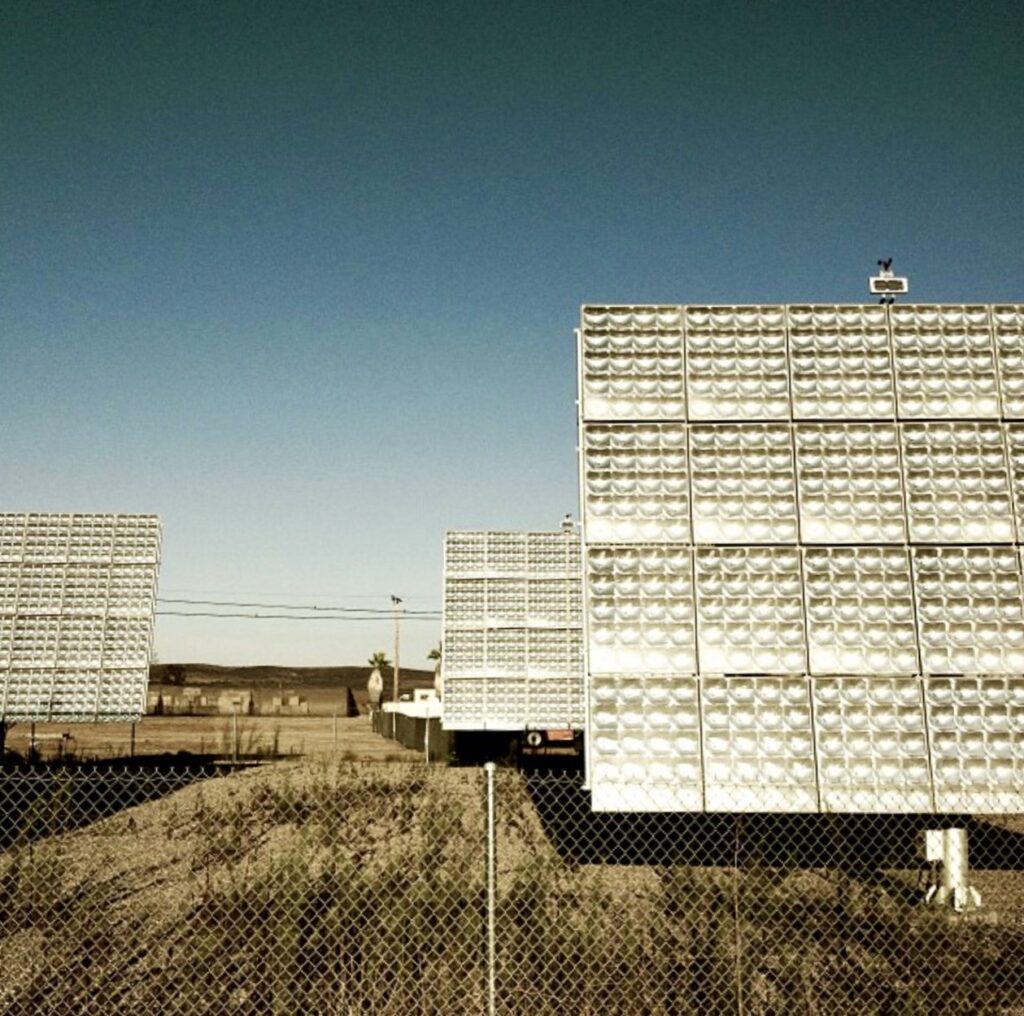| By Linyi Zheng |
China’s Major Reduction of 5-Year and Longer LPR Aims to Stabilize Property Market
On the morning of February 20th, the People’s Bank of China authorized the National Interbank Funding Center to announce the latest Loan Prime Rate (LPR). The 1-year LPR remained unchanged at 3.45% from the previous month, while the 5-year and longer-term LPR was lowered by 25 basis points to 3.95%. This marks the second reduction of the 5-year and longer-term LPR since June last year.
This significant adjustment, exceeding market expectations, demonstrates that the Chinese government is intensifying efforts to stabilize the persistently sluggish real estate sector, thereby boosting market confidence in the Chinese economy. The LPR adjustment has a direct impact on the costs of housing for buyers. Newly issued commercial loan interest rates are determined based on the LPR of the corresponding term in the previous month, with additional points added by local authorities based on the local real estate market conditions, which results in the actual mortgage rates in that area.
Impact on the Real Estate Market: The Case of Beijing
Let’s take Beijing as an example. The current standard for commercial mortgage rates for newly issued loans is as follows: for first-time homebuyers in the urban six districts, it is the current LPR plus 10 basis points; for those outside the urban six districts, it is the current LPR. For second-time homebuyers in the urban six districts, it is the current LPR plus 60 basis points; for those outside the urban six districts, it is the current LPR plus 55 basis points.
To illustrate, let’s consider only first-time homebuyers. After the recent 5-year LPR adjustment, the commercial mortgage rates for purchasing housing in the urban six districts will decrease to 4.05%, and for purchasing housing outside the urban six districts, it will decrease to 3.95%. After some calculations, according to Xinhua News, for a mortgage of 1 million yuan over 20 years, the monthly payment could be reduced by approximately 133 yuan (18.5 USD), and the total loan interest could be saved by approximately 31,888 yuan (4435.17 USD).
Considerations for Existing Mortgage Holders
It’s important to note that not all mortgage holders will benefit from the recent interest rate cut. Those who previously opted for fixed interest rates instead of transitioning to LPR won’t be affected by the adjustment in LPR, and their mortgage rates will remain the same. Similarly, existing customers who have switched to LPR pricing should consider their repricing cycle and date, as their monthly payments will remain unchanged until the repricing date. Specifically, banks usually adjust their rates at the start of a new year. For instance, if a borrower’s repricing cycle is yearly with the repricing date set for January 1st every year, the recent 5-year LPR reduction will not affect their mortgage amount for this year. It will only be repriced in January 2025.
The Balance Between Market Recovery and Bank Profitability
Recent comments made by Chief Economist for ING Greater China, Lynn Song, suggest that the recent interest rate cut may have been implemented with the aim of aiding the recovery of the real estate market, as well as making home purchases more accessible by lowering mortgage rates. However, Song also cautioned that this decision may result in a decline in the profit margins of Chinese banks.



